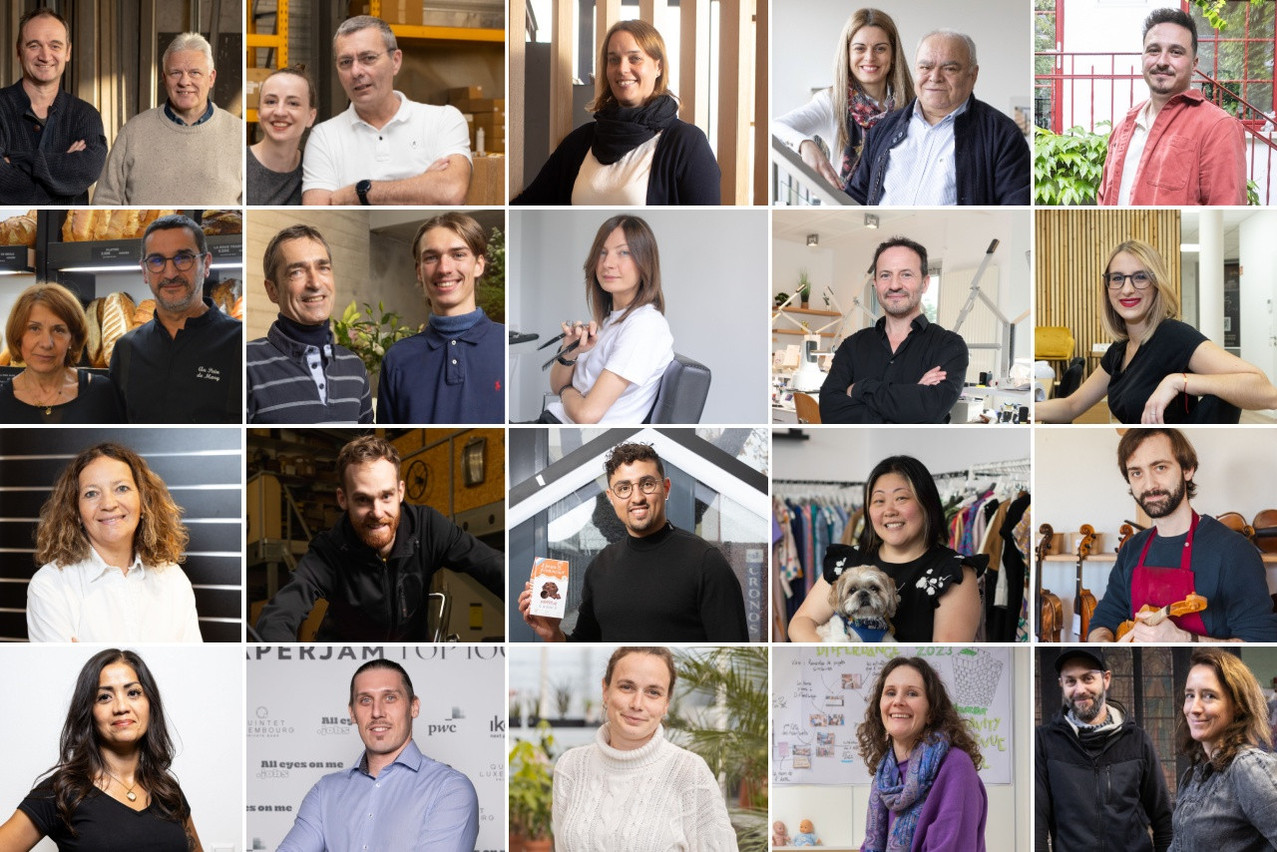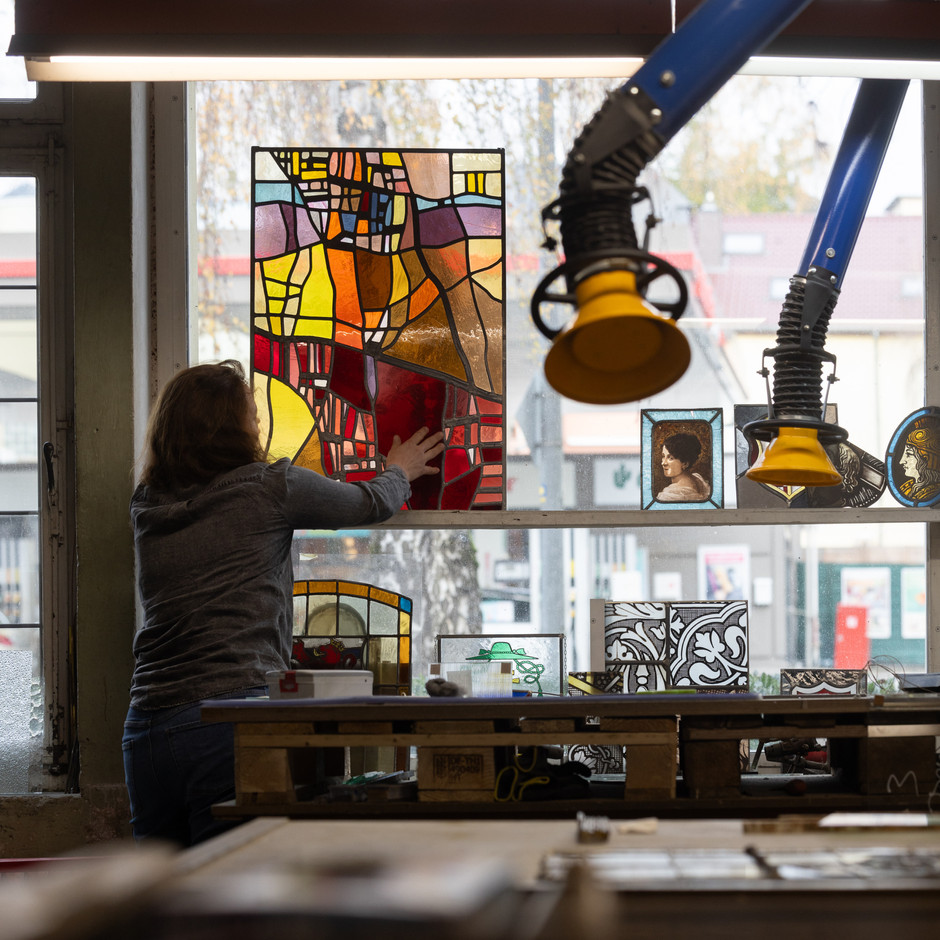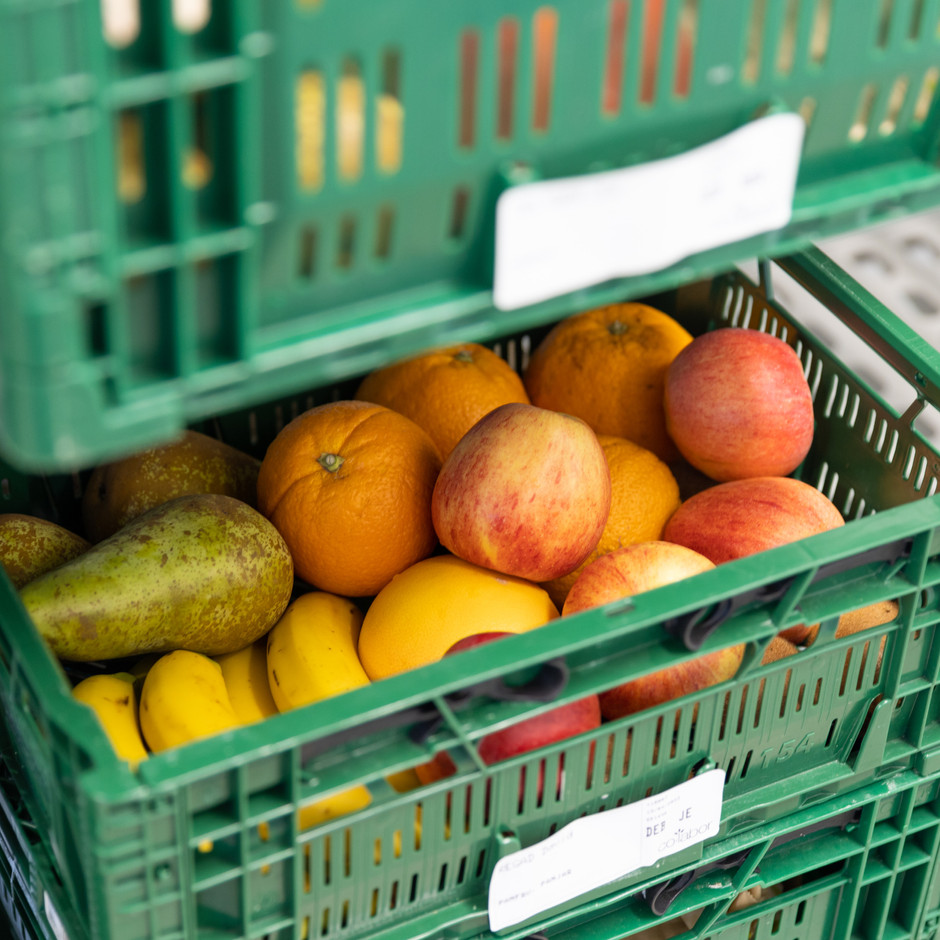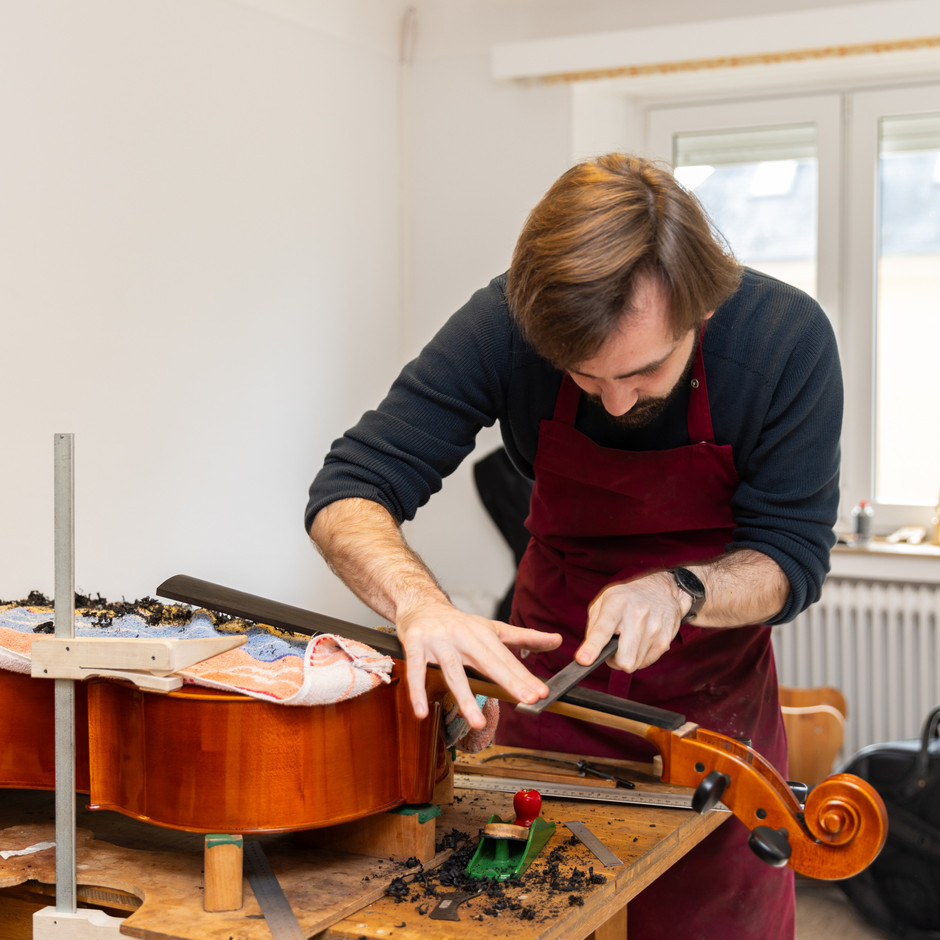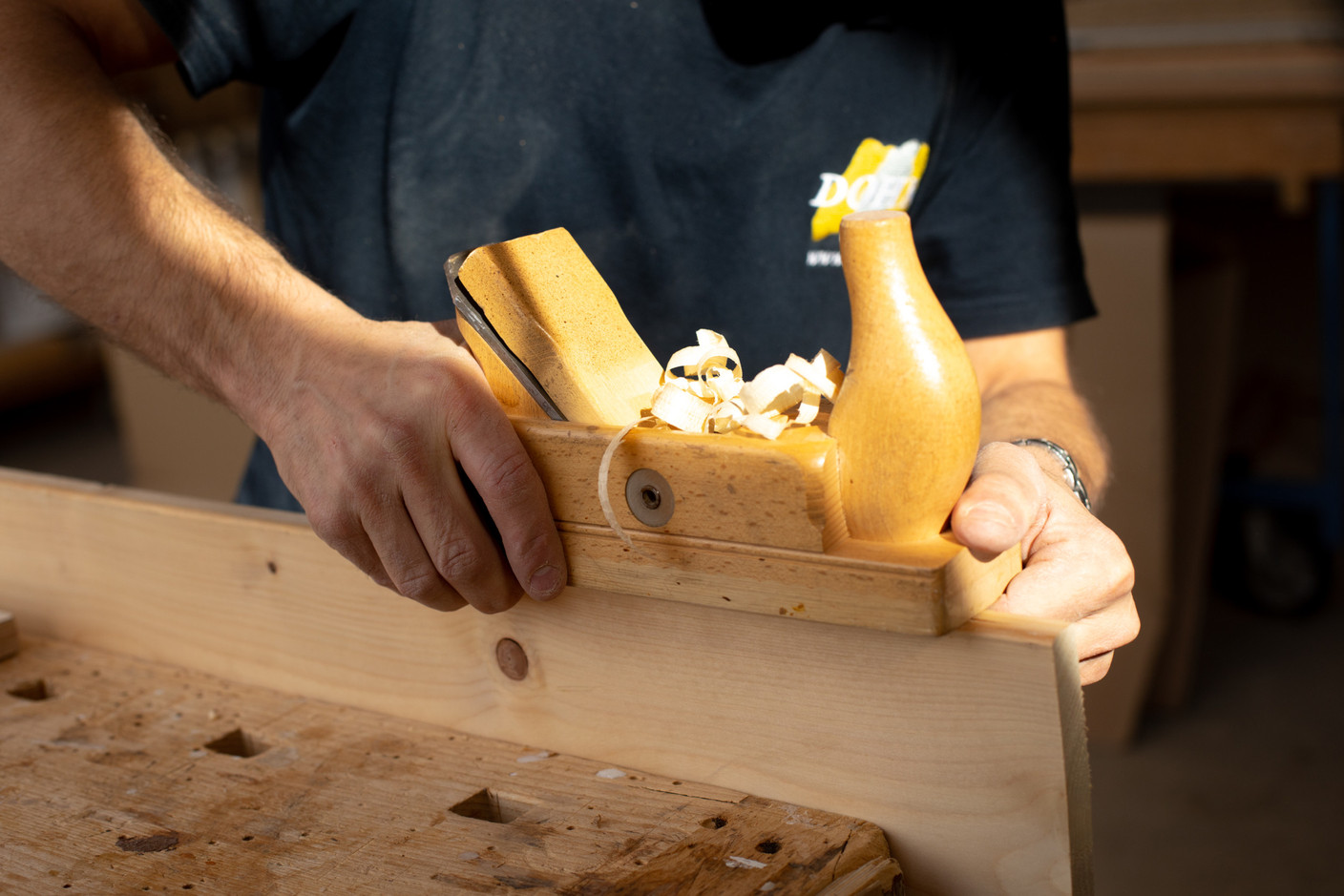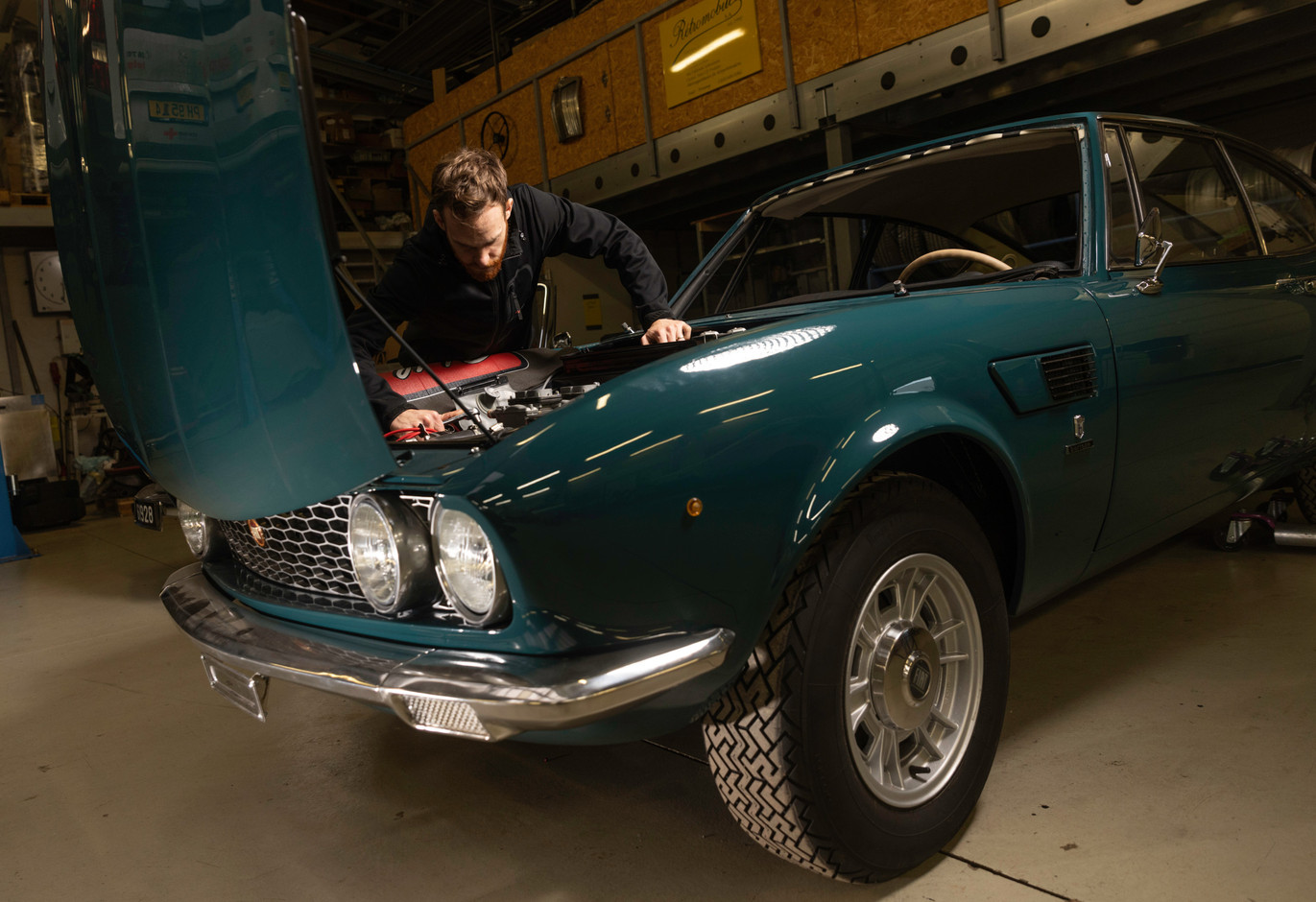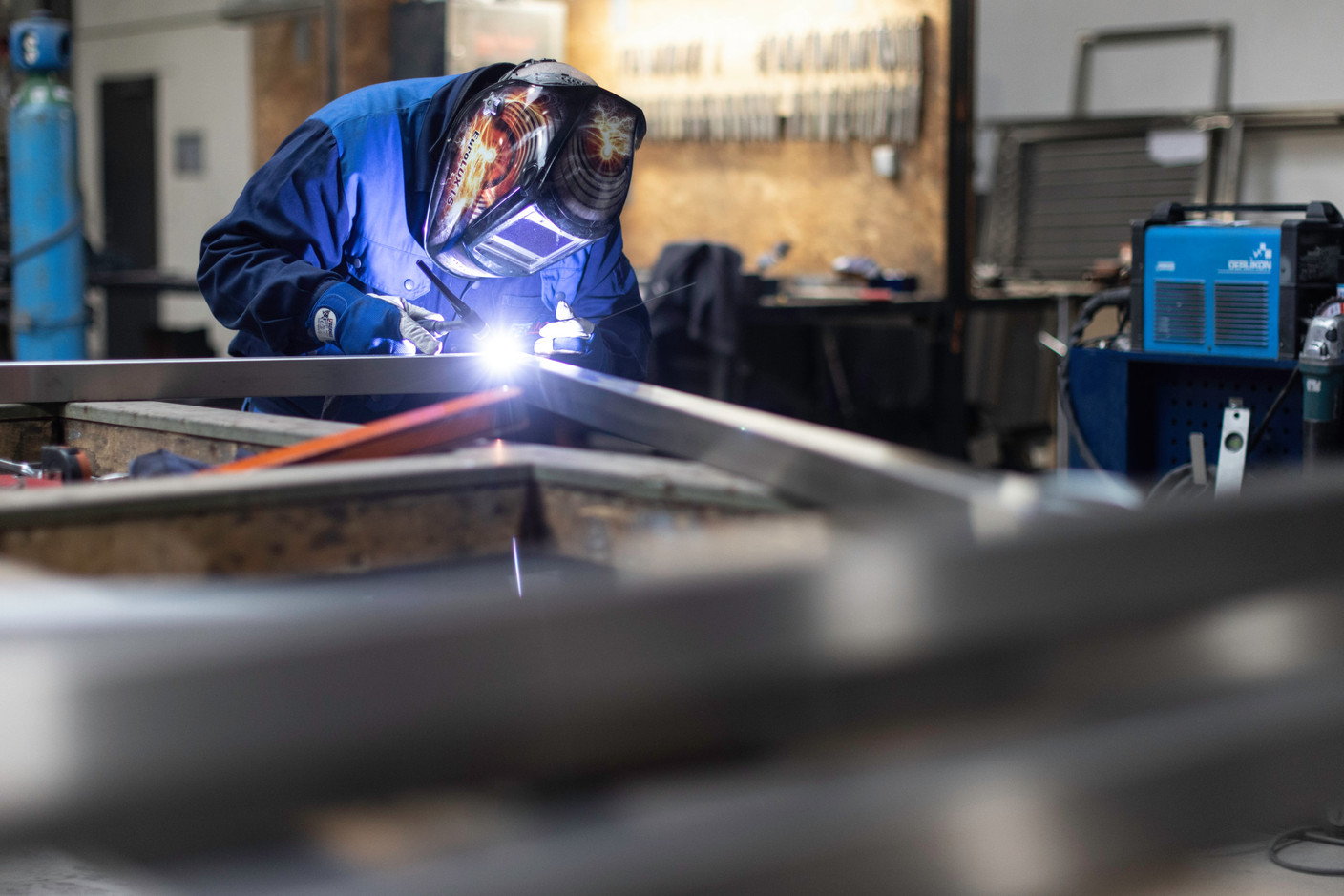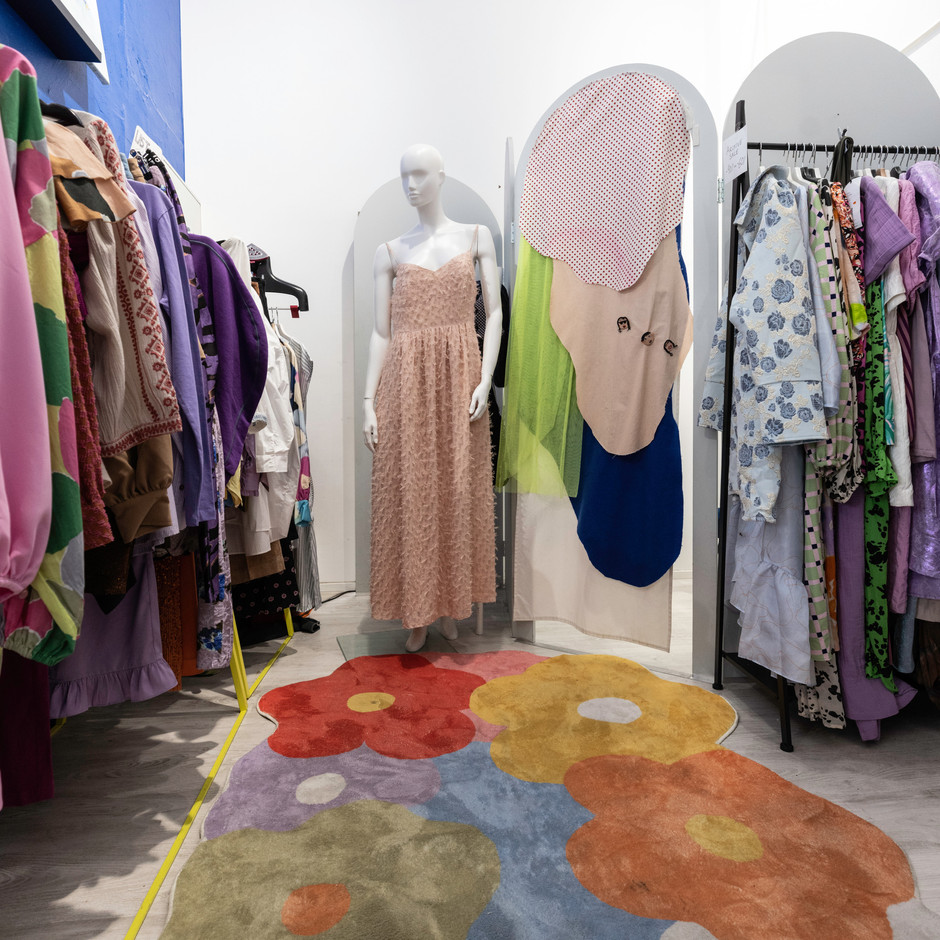In Luxembourg, small and medium-sized enterprises play a major role in the economy and in job creation. There are around 40,000 of them, employing almost 216,000 people, or just over 67% of domestic employment. Among them, the most represented are those with fewer than ten employees.
Small companies face big challenges. The challenge most often cited by the heads of these businesses, whom we have met regularly over the past two years, is the growing administrative burden they face on a daily basis. "For any small business, one of the difficulties is administration, which takes up a lot of time. It's a lot of work," Catherine Stronck of Co-Labor.
At his Col Legno workshop in Mamer, Jacques Sanavia and Melissa Henno, two young entrepreneurs who took over the business from Jean-Pierre Reitz, also admitted that they were surprised by the scale of the task. "Administratively, it's heavier than I thought, and sometimes it's a bit difficult to find the balance between working on the instruments and the administrative side. Sometimes I have to stay out later in the evening to avoid being interrupted," Jacques Sanavia Paperjam in November 2023.
"There's a lot of paperwork involved on a day-to-day basis, especially for major projects, and for that we have to fight off competition from abroad and from larger companies," Sandrine Bauer of the Mondorf-les-Bains-based glassmaker Bauer & Rathmann.
Beyond the administrative side of things, the multi-skilling required of small business owners is an additional challenge. "You have to know how to do everything. Administration, marketing, accounts, customer care, interpersonal skills," .
Difficulty of recruiting
Another point often highlighted by the bosses Paperjam met was the difficulty of recruiting, particularly for small businesses with specialised know-how, such as the Dohm joinery in Hosingen, which sees this as a real challenge: "Our trades are no longer attractive, particularly to young people. We need to encourage them, why not with subsidies for workers?" Tanja Dohm in the April 2023 instalment.
In a completely different sector, hairdressing, the difficulty seems to be the same: "It's difficult to put together a team of competent, committed and motivated professionals. It's a big challenge in many craft professions," Daniela Kevric, owner of Atelier 46. As Dohm suggested, in Kevric’s view we should “continue to promote the craft industry to encourage vocations, make it quicker to get foreign qualifications recognised, take account of demographic change and, more generally, encourage entrepreneurship and risk-taking!”
At Au Pain de Mary, the bakery run by Maryline Roux and Manuel Ramiro Dias Da Costa in Gasperich, the issue of manpower is a negative point. "Recruitment is what could one day put us out of business", . They said that the requirements of applicants, which are increasingly numerous, no longer correspond to the needs inherent in their profession. “Young apprentices in the catering trade are also moving into industrial production and losing their skills, which is a problem. Crafts require rigour and motivation.”
We need to motivate young people to go into manual trades and remind them that they are in no way degrading! On the contrary, these are skills that are in danger of disappearing.
A sign that the difficulty is not specific to one sector of activity in particular, in locksmithing and metalwork, the observation is still the same. "Recruiting is difficult, it's becoming impossible, because there's a lack of skills", said Laurent Olinger, one of the two bosses of OK Design, formed from the merger of Olinger in Esch and SKD in Differdange. Like others, he stressed the need to lighten the administrative burden. "Imagine an entrepreneur starting out - it's getting harder and harder with all the restrictions!” OK Design's other major challenge is competitiveness: "Our biggest challenge is to make a profit and recapture costs. We have to constantly adapt to work more rationally", the partners Paperjam in February 2024.
Staying competitive
"Finding the right operating cost to remain competitive is a challenge," Mickaël Guillorit, managing director of Luxiibox, a company specialising in office furnishings, at the start of 2025. This challenge is all the greater for companies like , which require a large volume of raw materials and have had to contend with rising prices, not to mention energy costs.
For Amy Park, the owner of The Modu Shop, which promotes ethical fashion, the difficulty also lies in the price of commercial premises. Not to mention online sales platforms, which are a major source of competition. "Launching a campaign for more local businesses in Luxembourg could be a good idea. The City [of Luxembourg] is focusing on promoting pop-up stores, which is an excellent initiative. But traditional shops are still faced with falling sales and high rents. Any promotional or advertising effort by the cities for our local shops would be helpful," she in the July 2023 instalment.
Politicians must not forget the local craftspeople who have contributed to the country's development, even during crises. SMEs have undeniable expertise in the craft and need to be supported in the same way as multinationals.
Olivier Delrue, the boss of Lëtz Coffee, which was launched in 2018, a step further: "The other difficulty is that we are subject to controls, just like multinationals, which pushes us to always be optimal."
In another area, that of culture and books, competition also represents a major challenge, particularly from the web and mass retailing. "We mustn't forget that shops are the lifeblood of a town. Just like the professions and craftsmen,” . “So we mustn't lose our balance in the face of shopping centres, and be careful that towns don't become dormitories. We need to remain attractive, differentiating ourselves through our hospitality, our location and our advice. Maintaining a physical presence with a more personal approach that you can't find on the internet.”
Knowing how to innovate
While administration is a challenge that involves "battling against competition from abroad and large companies on major projects", Bauer, another major challenge is striking a balance between tradition and innovation. "Adopting modern methods and new technologies while retaining traditional techniques is a challenge. We always try to be ahead of the game, to look far ahead, but competition is also a major challenge.”
We need to do more to support craftsmen in Luxembourg and avoid using foreign companies to renovate our heritage, because this practice harms the local market and hampers the development of traditional companies, even destroying them in the long term.
The need to innovate and adopt new technologies is also the watchword of the Dental Art laboratory in Bridel. "Our sector has seen significant advances with the introduction of 3D design. To stay at the cutting edge, we have to constantly train and invest in new machines and software," CEO Carlos Dos Santos.
At Fleurs Klopp, climate change and market dynamics are more important than technological innovations in prompting a rethink of the florist business. "Climate change is an issue for us,” . “We work according to the seasons, and these tend to change. This has an impact on the flowers. Then there are the energy price issues. I don't think it will completely change our business, but we will have to adapt.”
Read the original French-language version of this feature /
